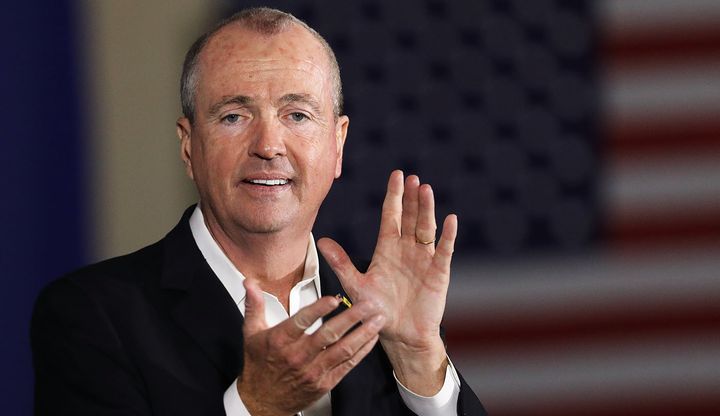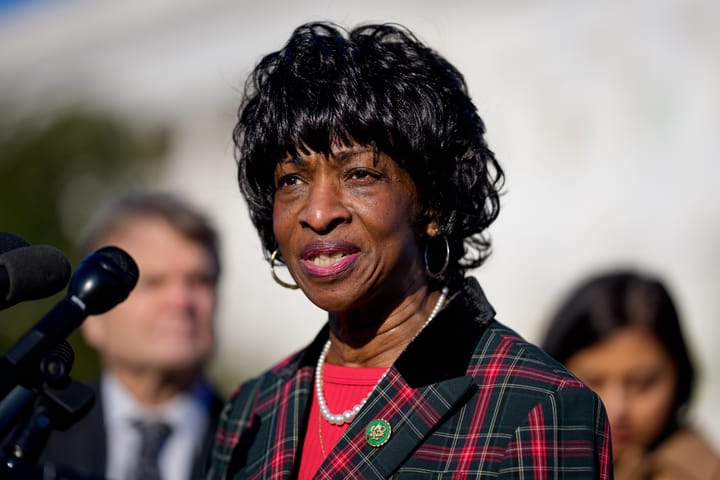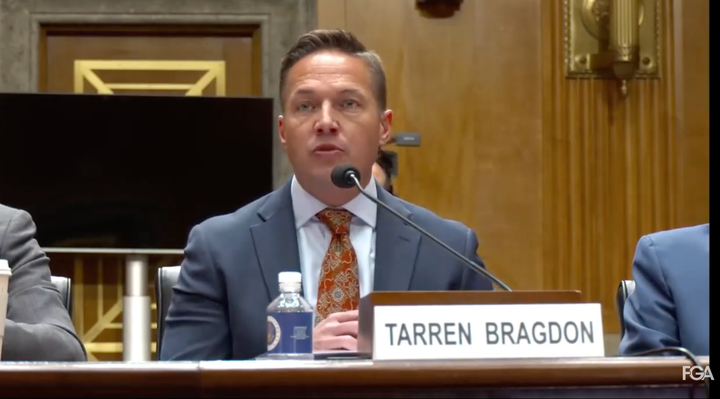New Jersey Governor Phil Murphy has issued a conditional veto against a bill requiring politically active groups in New Jersey to disclose the identities of their large donors. The bill, which passed the Senate by a unanimous vote of 31-0 and the Assembly by a vote of 66-2, now goes back to the legislature for possible follow-up action. The legislature can attempt to override the governor’s veto or work to amend the bill according to the governor’s wishes.
As written, the bill, S.1500, would require all 501(c)(4) nonprofits and 527 political organizations that spend more than $3,000 to influence elections or the passage of any public question, legislation, or regulation to disclose the names of donors who contribute more than $10,000 in a calendar year. The bill would also raise the contribution limits for candidates and political parties, among other provisions.
In a statement accompanying his veto, Gov. Murphy took issue with requiring groups engaged in issue campaigns to face disclosure rules and argued that the bill may not survive judicial scrutiny.
The bill “goes beyond requiring disclosure of expenditures of election-related advocacy, extending its disclosure requirements to also apply to advocacy in connection with legislation and regulations,” Murphy wrote. “Courts review disclosure requirements with exacting scrutiny, and compulsory disclosure is permissible in narrow instances where there is a genuine and vital need for the disclosure because the information demanded is important and material to the electorate. It is unclear whether disclosure requirements for communications that are not connected to an election would withstand such judicial scrutiny.”
The governor suggested several other amendments, including new restrictions on limited liability corporations and requiring government contractors to report their political activities to the New Jersey Election Law Enforcement Commission (ELEC).
The bill’s authors, Senator Troy Singleton and Assemblyman Andrew Zwicker, said they were “truly flabbergasted” by Murphy’s veto and accompanying statement.
“The Governor says that this bill ‘falls short’ of the goal to bring greater transparency to our political process,” Singleton and Zwicker said in a press statement. “The only thing that “fell short” today was the Governor’s will to truly address the behemoth of dark money that has eroded the public’s trust in our government and the political process.”
Transparency advocates are concerned that, given the discord in New Jersey’s capital stemming from the governor’s ongoing feud with Democratic powerbroker George Norcross, the conditional veto will doom the bill.
“Legislative sponsors in both chambers will have to review their options but given the intense acrimony in Trenton right now, the bill’s prospects seem to be in serious trouble,” said David Goodman of Represent NJ in an email to Sludge.
“The governor’s [conditional veto] goes beyond striking what he asserts to be objectionable or questionable provisions of S-1500. He also rewrites the bill,” Goodman said. “Adding pay-to-play regulations to independent expenditures may win some legislative support. But, requiring [the recipients of] ‘economic development subsidies to disclose their contributions’ is a red flag.”
Special-interest groups in New Jersey, including those that don’t disclose their donors, have been spending more money on independent electionioneering expenditures in recent years. According to a 2018 ELEC report, the top 25 special-interest groups in New Jersey spent $41.5 million on independent expenditures in 2017 state elections, a 56% increase from the amount the groups spent in 2013. The growth in independent expenditures far outpaced the groups’ increases in campaign contributions from 2013-17 (7% increase) and lobbying expenditures over the same period (23% increase).
In the report, ELEC’s executive director, Jeff Brindle, called for legislation requiring political groups to reveal their donors.
“In the past, special-interest groups used lobbying and political action committees as their main vehicle for influencing public policy,” Brindle said. “During the last decade, independent groups have quickly become their preferred weapon. This is more reason why the legislature needs to enact ELEC-recommended legislation that would require independent groups to fully disclose their campaign finances.”
Related:



